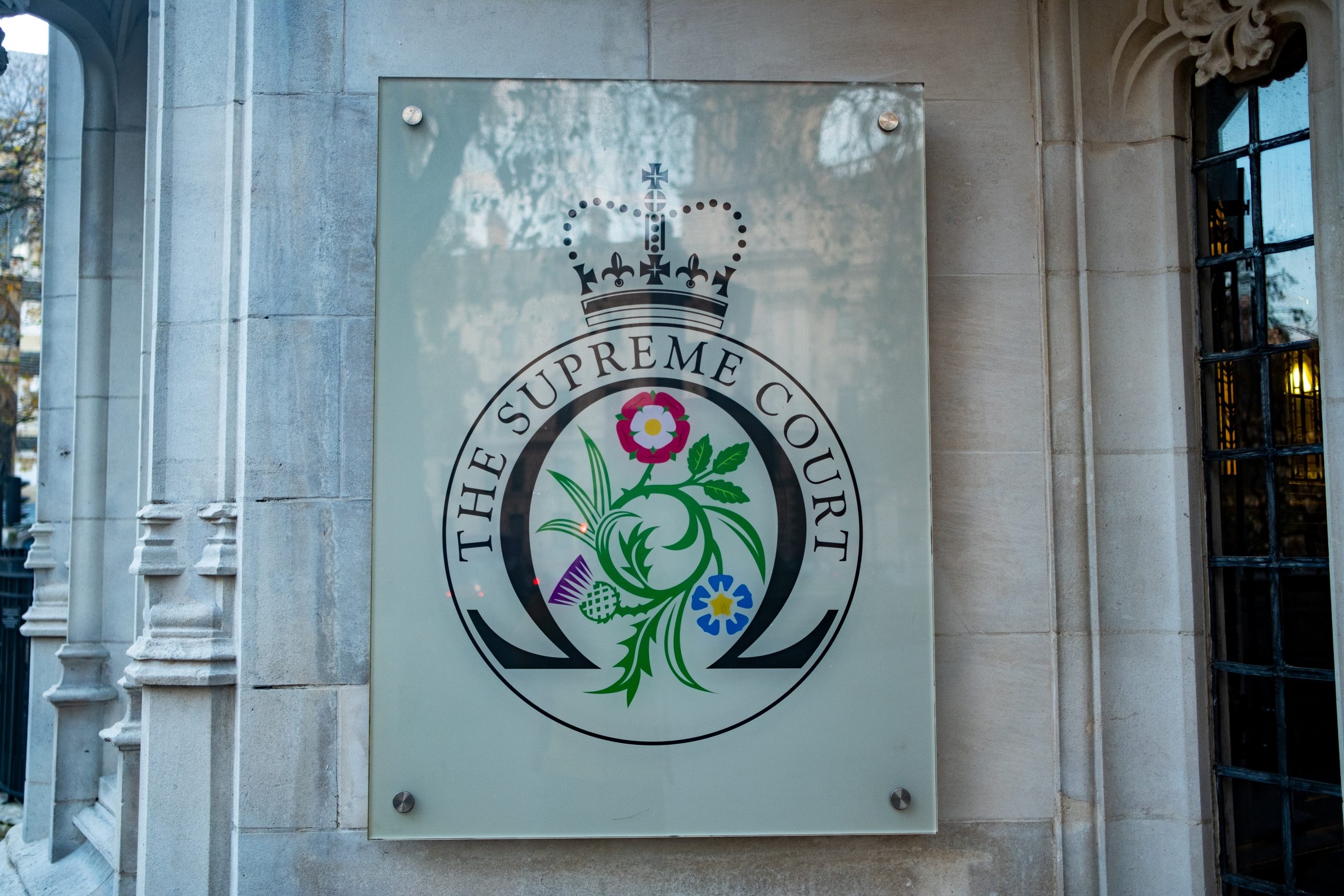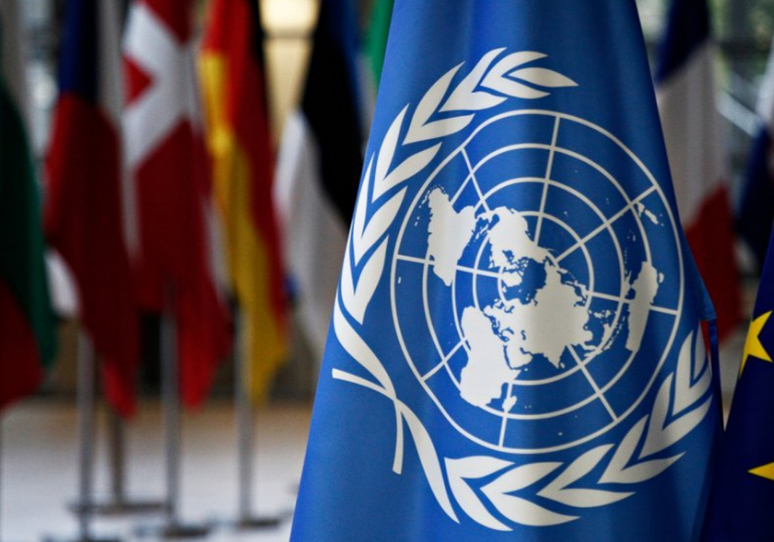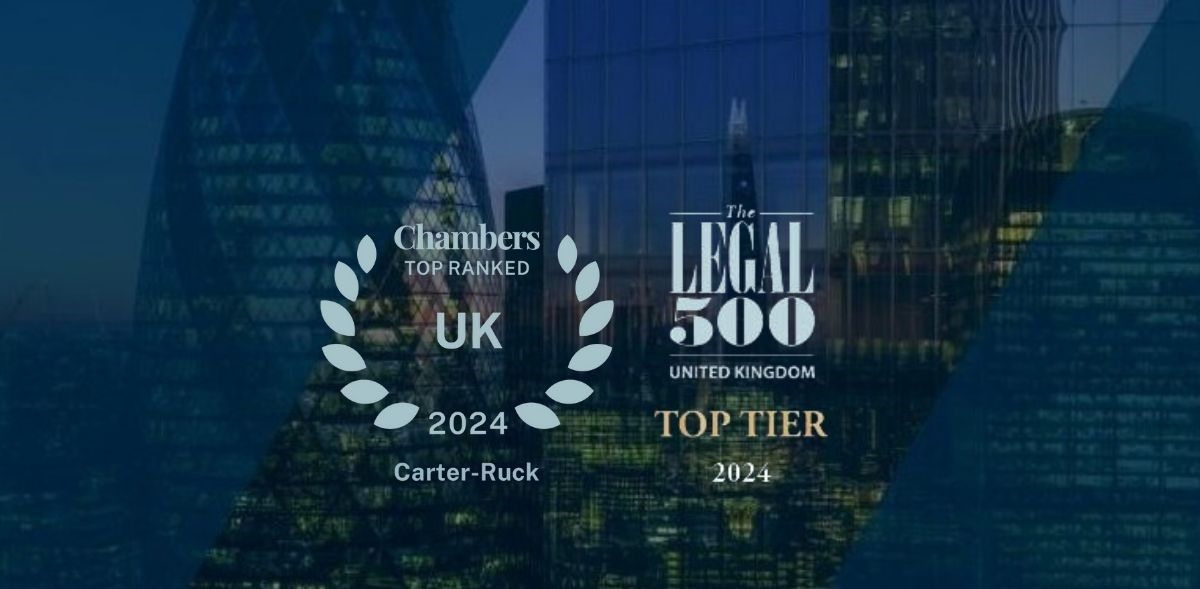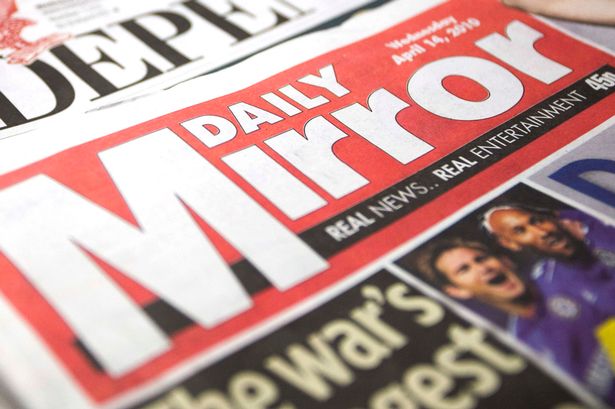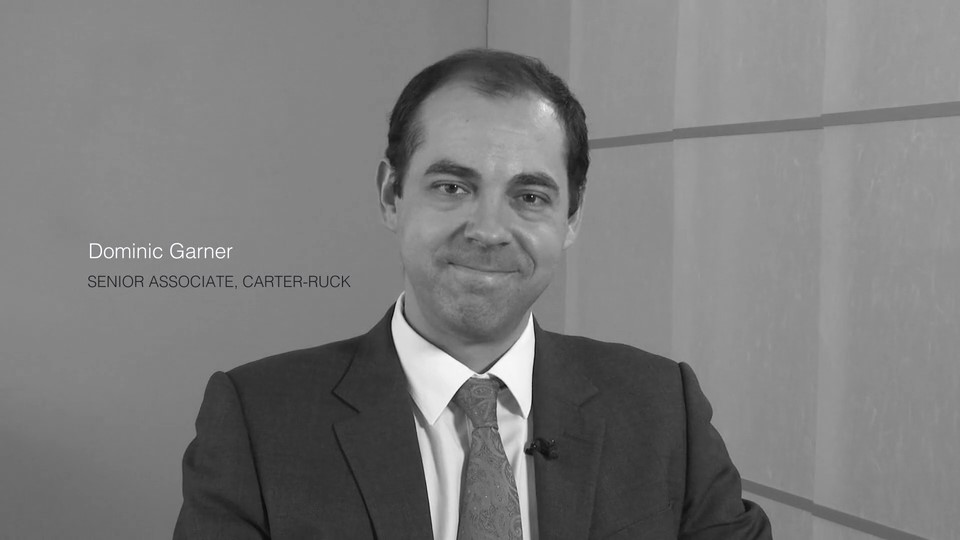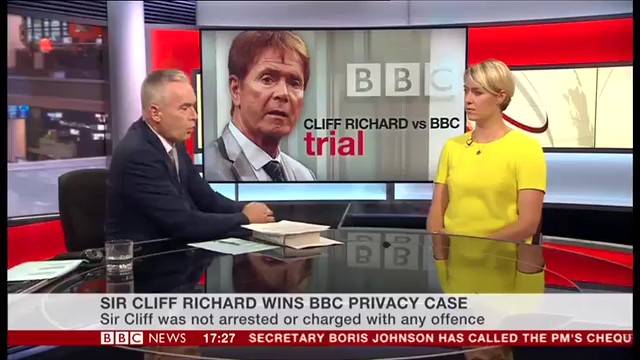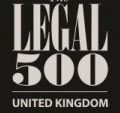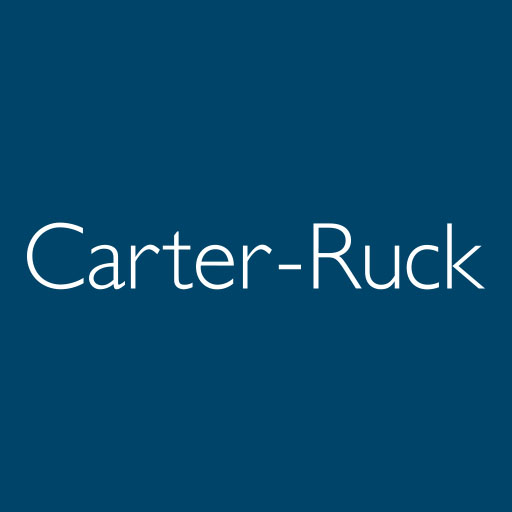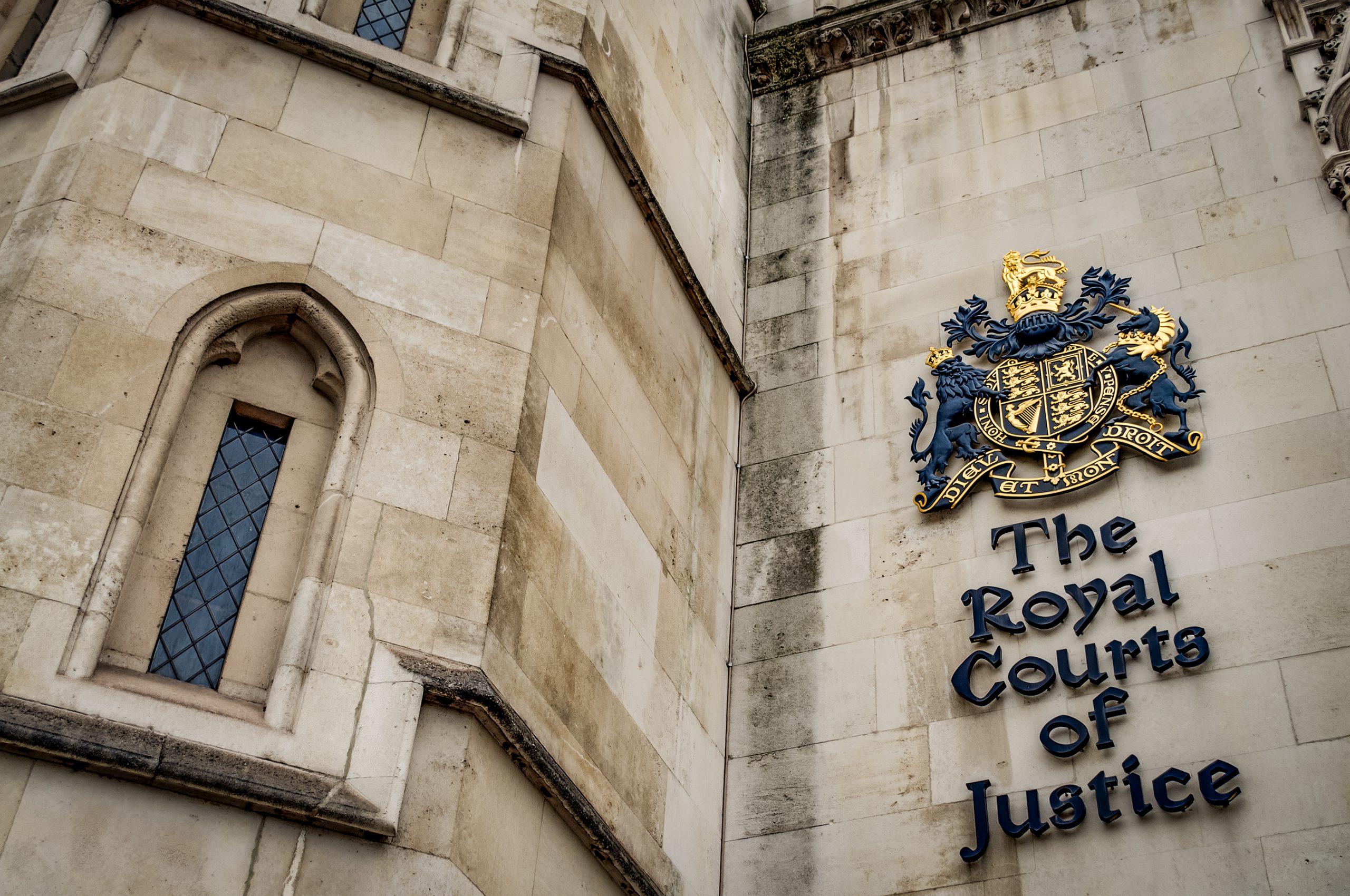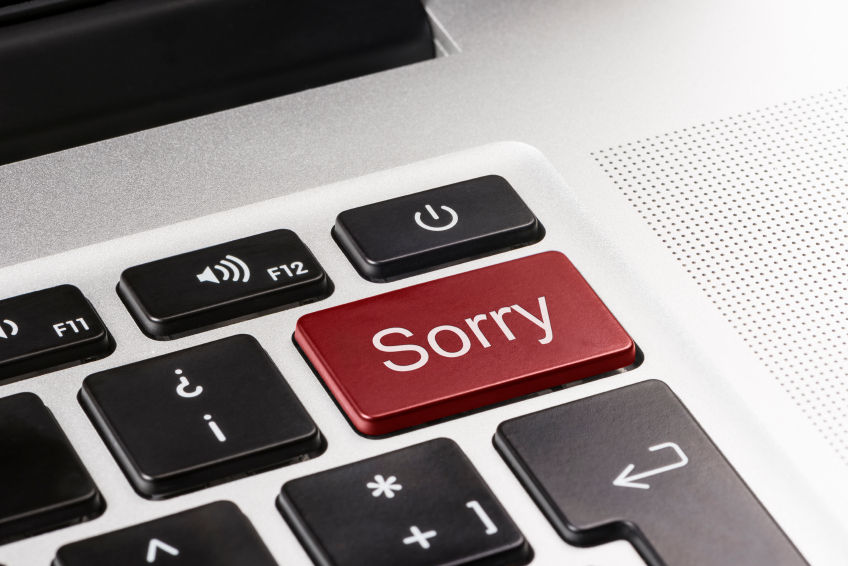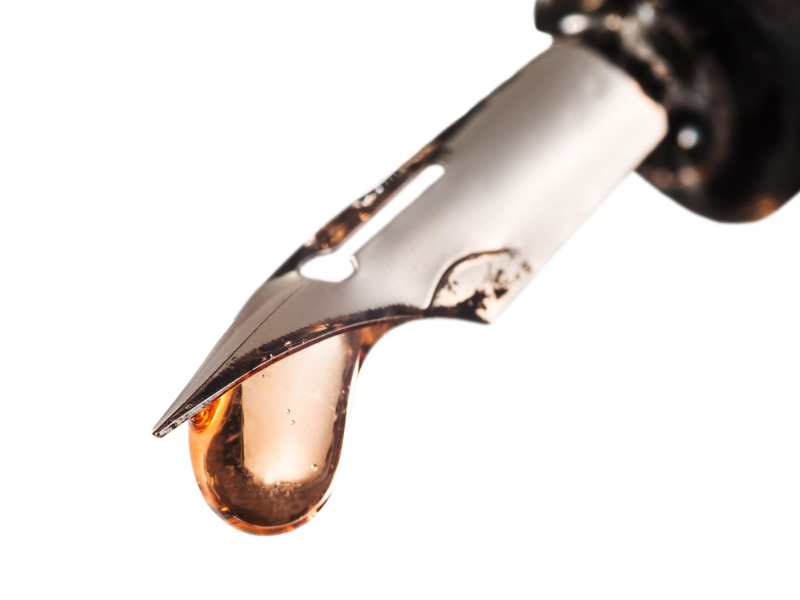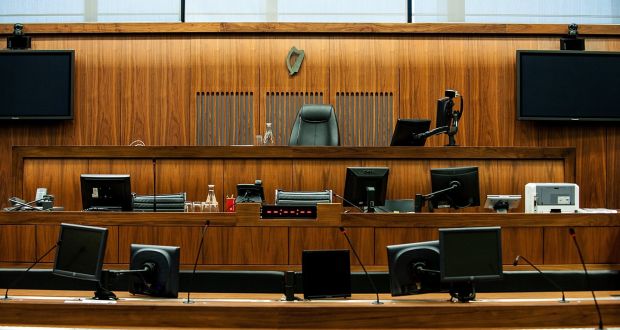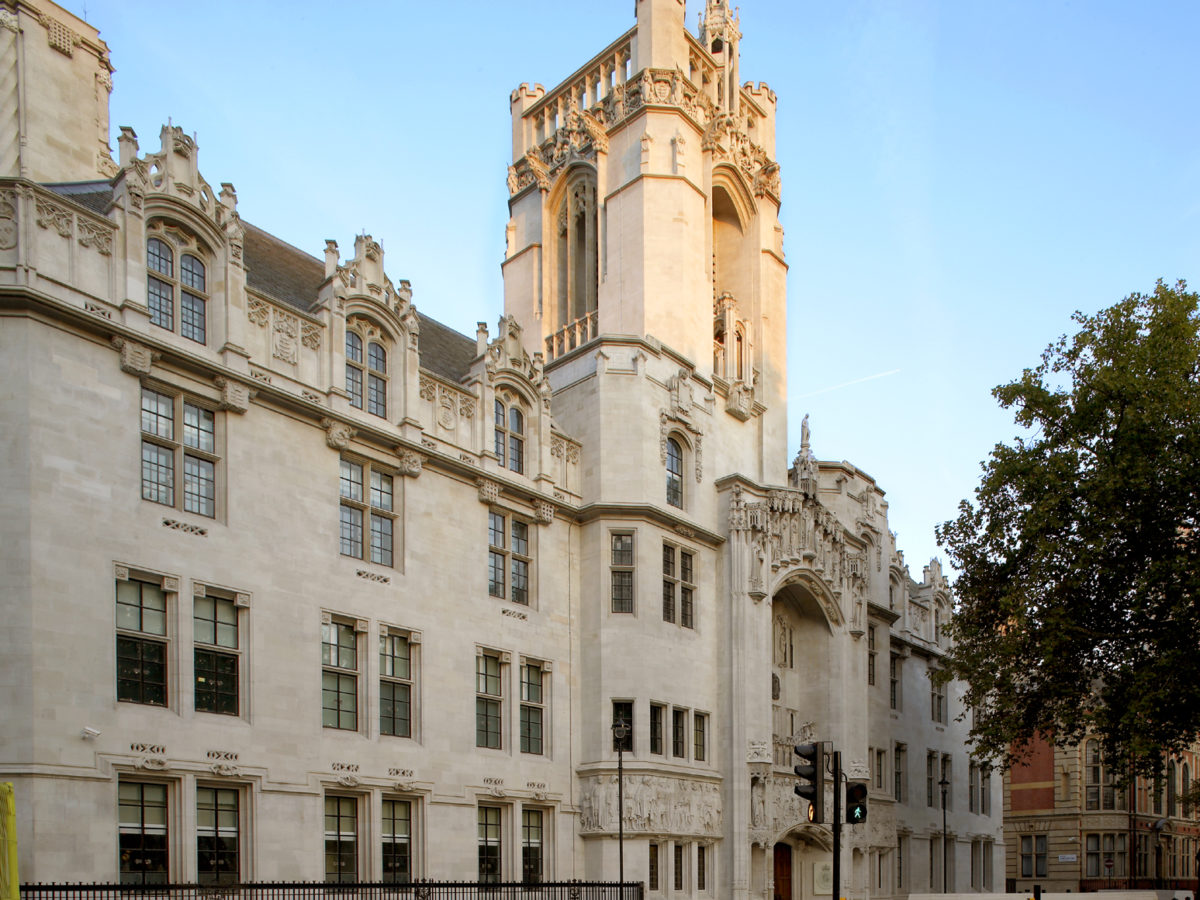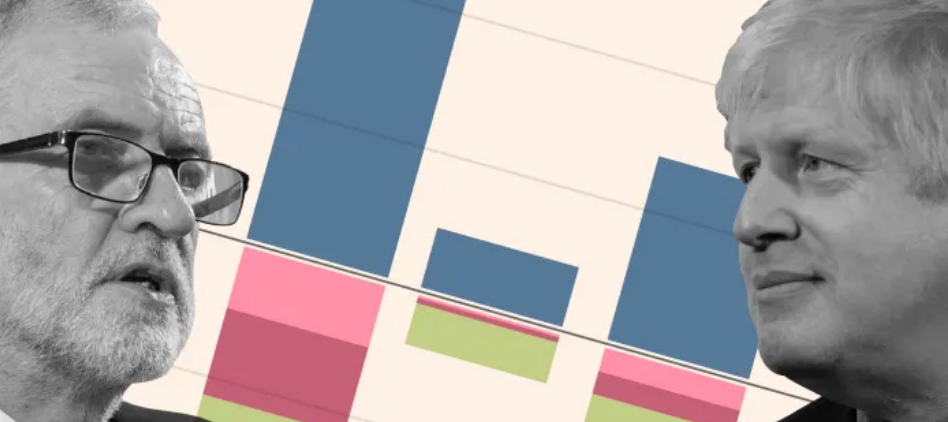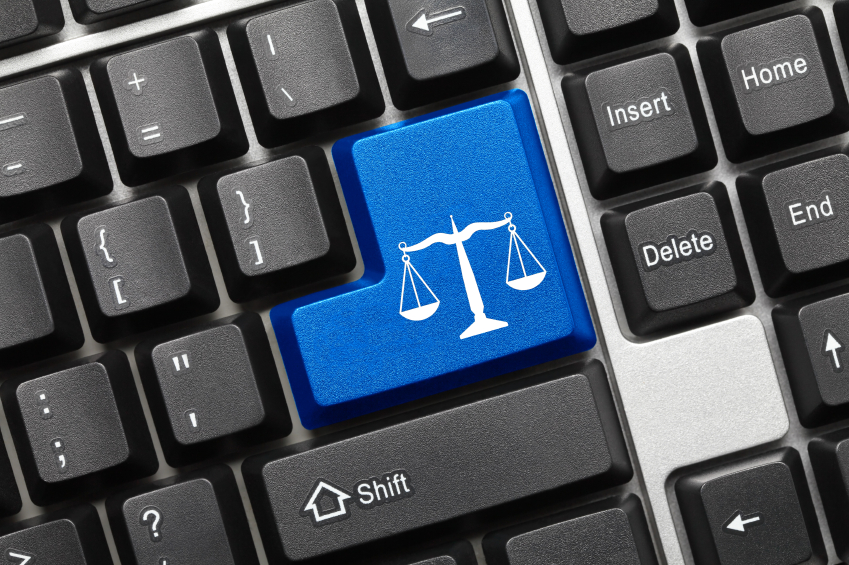
Defamation
Carter-Ruck has a global reputation.
We are one of the best-known and most highly-regarded defamation and reputation management law firms
Through our expertise in defamation (encompassing libel and slander) we have an enviable track record of securing vindication for our clients, whether by way of prominent apologies on globally-read news and other websites, in national and international newspapers, on television and radio or in the form of statements in open Court.
We have secured many of the highest-ever damages awards in the English courts for libel and slander.
Carter-Ruck is consistently ranked in the very top tier of law firms for defamation by all the leading legal directories, and we have more individuals ranked as “leaders in the field” than any other firm.
As well as claimants, the firm acts for a number of publishers and other defendants in publication cases.
Recent high-profile cases
- Representing (in separate matters) several Heads of State and a Prime Minister in securing apologies across various international media
- Acting in various defamation claims for the leaders/chairpersons of various national political parties in the UK and other jurisdictions
- Securing (unprecedented) front page national newspaper apologies, and damages totalling in excess of £1 million to two individuals over false allegations of criminality
- Representing a global trading company in a claim against the BBC, securing a broadcast apology as the first item on its flagship news programme
We are highly experienced at helping to safeguard your reputation
- Before publication
- After publication
- Online
Our clients
- Heads of State and national governments
- UK and multinational corporations
- MPs, MEPs, members the House of Lords as well as political parties
- Ultra-High Net Worth individuals and business persons
- Celebrities and sportspeople
- Academics and academic institutions, including independent and state-funded schools
- Trade unions
- Charities and other NGOs
Defamation – libel and slander FAQs
The law of defamation, libel and slander can be complex and is invariably highly fact-specific. This Q&A is designed to provide guidance only. If you believe you or your business have been the victim of a libel or slander, or where you are aware that an attack on your reputation is imminent (most obviously, but by no means exclusively, in the media or otherwise online), you should seek immediate advice from specialist media lawyers. Our lawyers’ profiles can be viewed here.
-
Defamation is the publication to one or more third parties of a statement about you which has caused or is likely to cause serious harm to your reputation. The defamatory publication will either be a libel or (less commonly) a slander (see below).
-
Libel relates to a defamatory publication which is permanent. Most obviously this includes written material (books, newspaper and magazine articles or material published online), as well as allegations appearing on TV or radio. Importantly, it can also include publications which are relatively short-lived or fleeting, such as tweets or Facebook posts.
-
Slander relates to more transient publications, principally spoken words or even physical gestures.
-
You may still be able to bring a claim for libel or slander as long as you are identifiable to a sufficient number of people who would have seen or read the publication in question and understood it to refer to you.
-
Yes, if the statement has caused or is likely to cause serious harm in the form of serious financial loss.
-
Yes, if the defendant is domiciled in this jurisdiction. Where the defendant is also based outside the jurisdiction, currently different rules apply depending on whether the defendant is domiciled within the EU or a contracting state to the Lugano Convention, or outside those territories. Once the UK has fully left the EU after the expiry of the Transition Period in December 2020, where the defendant is not based in England and Wales, the court will consider whether, having regard to all the places where the statement was published, England and Wales is clearly the most appropriate place in which to bring your claim.
-
Yes. Libel covers all written words, wherever they are published, although the operators of websites are given certain protections if they were not responsible for publishing what has been posted on their website.
-
Yes. Even relatively transient publications such as posts on X (the platform formerly known as Twitter) can constitute libel, provided they have caused or are likely to cause serious harm to reputation.
-
Any person, company or other legal body involved in publishing the defamatory material can be sued in libel or slander. This includes the author, any editor or any publishing company. Sometimes distributors of defamatory material can also be sued, including website owners and ISPs.
-
Yes. Under English law you must usually commence/issue any Court claim for libel or slander within one year of the date of publication. In the case of material which continues to be published online, the time will start to run from the date the material was first published.
-
There are four main defences available to a defendant in a libel or slander action: Truth, Honest Opinion, Publication on a matter of public interest and Privilege (Qualified or Absolute).
(1) Truth: it is a complete defence to a claim in libel or slander if the defendant can show that the allegations they have published are substantially true. However, the burden rests on the publisher to prove that they were true, rather than for the claimant to show that they were false. This is one of the reasons why English law continues to be considered to be relatively advantageous to defamation claimants compared with other jurisdictions.
(2) Honest Opinion: it is a defence to a defamation claim if the publisher can show that what they published was a statement of opinion; that the statement complained of indicated the basis of that opinion; and that an honest person could have held the opinion based on any fact which existed at the time the statement was made. The defence is defeated if the claimant can show that the defendant did in fact not hold the opinion.
(3) Publication on a matter of public interest: the defendant must show the statement complained of was, or formed part of, a statement on a matter of public interest and that the defendant reasonably believed that publishing the statement complained of was in the public interest, having regard to all the circumstances of the case.
(4) Privilege: this protects statements made on occasions where public policy requires people to able to speak freely. Privilege can be “absolute” (e.g. statements made in Parliament, where the law in effect gives immunity from suit in libel or slander) or “qualified” (such as job references). Where the privilege is only “qualified”, the defence will be defeated if the claimant can show that the statement was published maliciously.
-
Usually if your defamation claim in libel or slander is successful either at court or in a settlement you will get compensation. How much you get depends on how serious the allegation is, and what harm has been caused. Where the case is decided in your favour by the court it may also be possible at that stage to get an order (called an injunction) preventing further publication. If the case is settled out of court or by agreement you can seek undertakings from the publisher not to repeat the allegations. If successful, it is also usual for the court to order your unsuccessful opponent to pay a large proportion of your legal costs, as English civil law follows the general principle of “loser pays”.
-
It is usual to ask for an apology in your initial letter of complaint and common for the defendant to agree to publish an apology as part of a settlement. A court cannot usually force a defendant to apologise, however, so where a case goes to trial, vindication is achieved through a public judgment in your favour and the award of damages.
-
Not necessarily. You first need to write a letter of complaint (or ideally instruct media lawyers specialising in defamation) under what is called the Defamation Pre-Action Protocol. The courts are keen for parties to try to resolve things without going to court, as this will save costs and time. The majority of disputes are solved without the need for court proceedings.
-
The long-established “rule against prior restraint” in English law means it is very rare to get a court order (called an injunction) preventing publication on the basis of potential libel. This can be contrasted, for example, with a threatened breach of privacy, where injunctions are far more commonplace). However, it can be possible to dissuade the publisher from going ahead with publication if you are able to demonstrate that the allegations are false and that they are taking a significant legal and financial risk in going ahead. Ideally you should use specialist media solicitors who are well-versed in the strategic and legal considerations and will also be familiar with the in-house lawyers at the relevant media organisations.
Even if you cannot stop publication completely, you may be able to change what is published about you by engaging robustly with the publisher before publication and telling them what the true facts are, or by answering questions.
-
Yes, there can be. You can consider for example a claim for malicious falsehood or negligent misstatement.
24/7 Partner led Crisis Response
We have a 24-hour, 365 days of the year crisis management response team – one of our specialist partners is always available to respond to urgent crises at any time.

